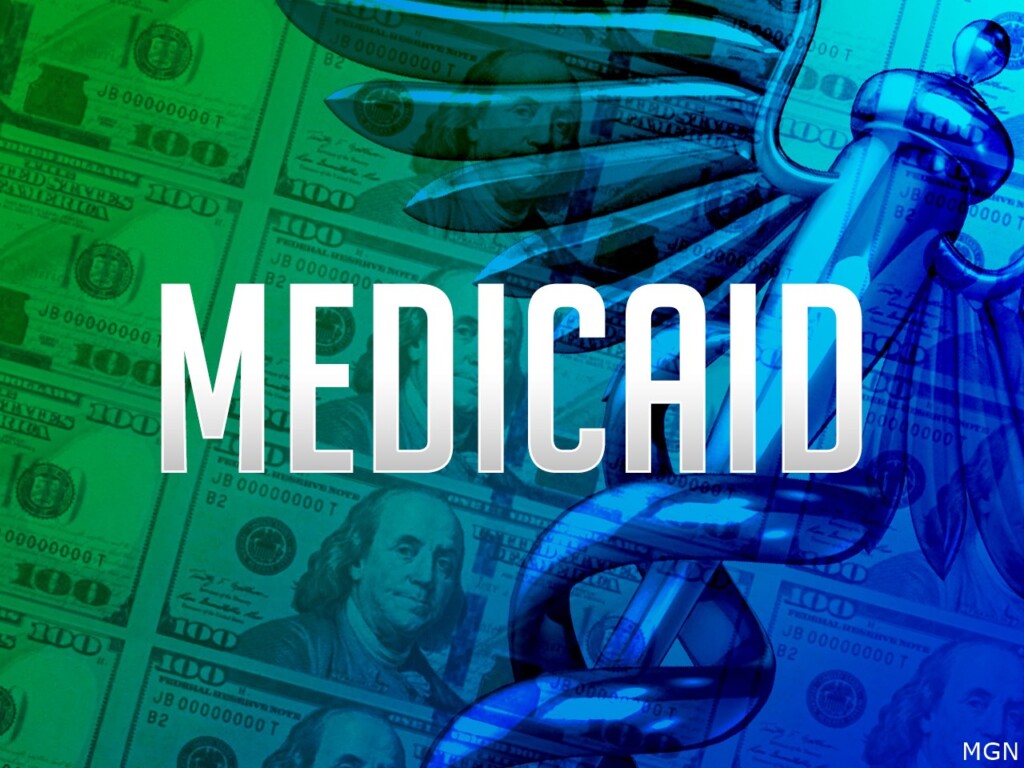FDA warns about drug Trump pushed for coronavirus
The FDA on Friday issued a warning against the widespread use of hydroxychloroquine, an antimalaria drug that President Trump repeatedly touted as a potential treatment for COVID-19. The warning comes just days after a study suggested the drug had no benefit for coronavirus patients, and was even associated with more deaths.
The FDA said there were reports that some patients treated with hydroxychloroquine showed “serious heart rhythm problems.” Patients with other health issues, such as heart or kidney disease, showed an increased risk of heart problems when they were treated with the drug.
“Therefore, we would like to remind health care professionals and patients of the known risks associated with both hydroxychloroquine and chloroquine,” the agency wrote on its website, referring also to a similar drug.
“Hydroxychloroquine and chloroquine have not been shown to be safe and effective for treating or preventing COVID-19.”
The agency said hydroxychloroquine should only be used in clinical trials or under careful medical supervision in hospital patients under an emergency use authorization. The FDA will continue to study the the drug.
Mr. Trump repeatedly promoted hydroxychloroquine as a coronavirus treatment in the earlier weeks of the pandemic, even as his own public health officials pointed to a lack of evidence supporting its effectiveness. In one instance, the president wrote on Twitter, “HYDROXYCHLOROQUINE & AZITHROMYCIN, taken together, have a real chance to be one of the biggest game changers in the history of medicine.” The FDA now says hydroxychloroquine poses health risks with or without azithromycin.
A nationwide study released this week, which is the largest review yet of hydroxychloroquine as a coronavirus treatment, found the drug appears more likely to harm patients than help them. An analysis of 368 patients in veterans hospitals found more deaths among patients who were given hydroxychloroquine than those who received standard care. Hydroxychloroquine also made no difference in the need for a breathing machine, and may be linked to organ damage in some patients.
The study was supported by grants from the National Institutes of Health and the University of Virginia, and was posted online without yet undergoing peer review.
Mr. Trump said on Tuesday that he wasn’t aware of the report when a journalist asked why he had abruptly stopped promoting the drug in recent weeks.
“I don’t know of the report,” he said at a White House briefing. “Obviously there have been some very good reports and perhaps this one’s not a good report — but we’ll be looking at it.”
Dr. Rick Bright, the former head of the federal office involved in developing a COVID-19 vaccine, said he was removed from that job for pushing back on the president’s promotion of the drug.





Leave a Reply